Kinetico Water Softener - Math Doesn't Work?
homerguy
15 years ago
Related Stories

GREAT HOME PROJECTSHow to Switch to a Tankless Water Heater
New project for a new year: Swap your conventional heater for an energy-saving model — and don’t be fooled by misinformation
Full Story
HEALTHY HOMEHow to Choose a Home Water Filtering System
Learn which water purification method is best for your house, from pitchers to whole-house setups
Full Story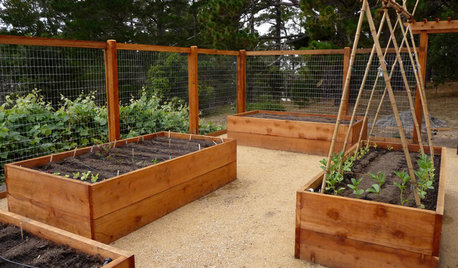
GARDENING GUIDESHow to Install a Drip Irrigation System
Save time and water with a drip watering system in your vegetable garden — a little patience now will pay off later
Full Story
GARDENING GUIDES7 Ecofriendly Gardening Ideas That Also Cut Chore Time
Spend less time weeding, less money watering and more moments just sitting back and enjoying your healthy garden
Full Story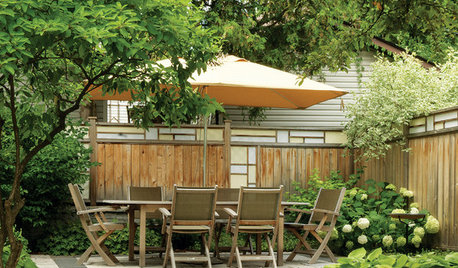
LANDSCAPE DESIGNGood Read: ‘Landscaping Ideas That Work’
Get a landscape architect’s strategies — along with gorgeous, inspiring photos — for a yard you’ll really enjoy
Full Story
ECLECTIC HOMESMy Houzz: Austin Couple Put Their Stamp on a Bright New Home
They personalize their modern architect-designed spec house with warm midcentury furnishings, custom details and creative DIY touches
Full Story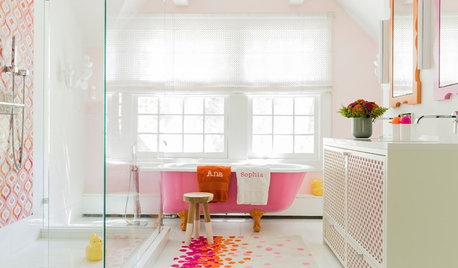
MOST POPULARShould You Keep Your Tub?
There are reasons to have a bathtub, and plenty of reasons not to. Here’s how to decide if you should keep yours or pull the plug
Full Story
BASEMENTSDesign Workshop: Is It Time to Let Basements Become Extinct?
Costly and often unnecessary, basements may become obsolete — if they aren’t already. Here are responses to every reason to keep them around
Full Story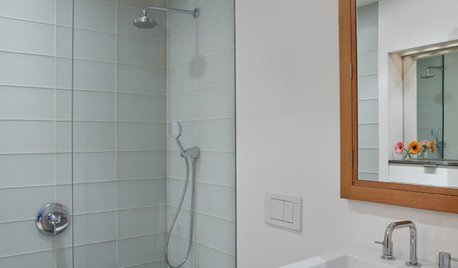
BATHROOM DESIGNConvert Your Tub Space to a Shower — the Planning Phase
Step 1 in swapping your tub for a sleek new shower: Get all the remodel details down on paper
Full Story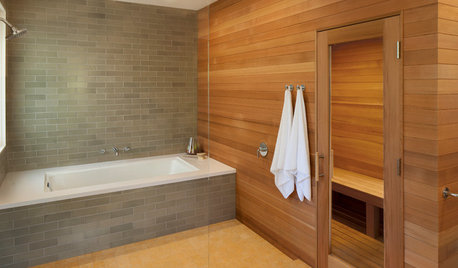
BATHROOM DESIGN18 Dream Items to Punch Up a Master-Bath Wish List
A designer shared features she'd love to include in her own bathroom remodel. Houzz readers responded with their top amenities. Take a look
Full Story





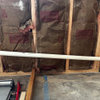


dale000
wtp5
Related Professionals
Millbury Handyman · Fish Hawk Handyman · Eagle Mountain Kitchen & Bathroom Remodelers · Cloverly Kitchen & Bathroom Remodelers · Garden Grove Kitchen & Bathroom Remodelers · Hanover Township Kitchen & Bathroom Remodelers · Independence Kitchen & Bathroom Remodelers · Kettering Kitchen & Bathroom Remodelers · Lincoln Kitchen & Bathroom Remodelers · Newberg Kitchen & Bathroom Remodelers · Panama City Kitchen & Bathroom Remodelers · Portage Kitchen & Bathroom Remodelers · Richland Kitchen & Bathroom Remodelers · Vienna Kitchen & Bathroom Remodelers · Wilson Kitchen & Bathroom RemodelersUser
asolo
andy_c
andy_c